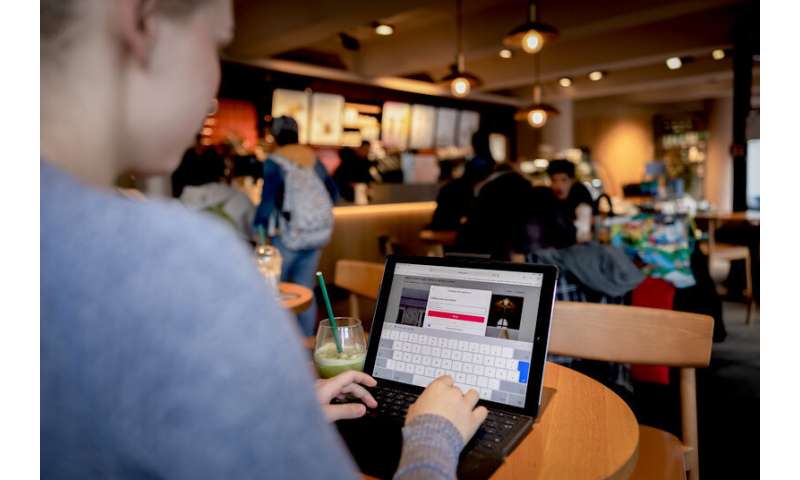How safe do people around the world feel on the internet?

More than 12,000 individuals in 12 countries took part in an online survey that focused on what people understand safe behavior in cyberspace to be, how they approach it and what misconceptions they may have.
Participants came from China, Germany, the U.K., India, Israel, Italy, Mexico, Poland, Saudi Arabia, Sweden, the U.S. and South Africa. They represent 42% of the world's population. The questions revolved, for example, around end-to-end encryption, WiFi surfing, the https standard, virtual private networks (VPN), and passwords.
Some risks are understood by people all over the world
"It emerged that some risks are equally well understood by all participants around the world," points out Franziska Herbert, who designed the survey together with the team. One of these is the phenomenon of shoulder surfing, where unauthorized persons obtain personal data simply by looking over a user's shoulder.
Certain misconceptions, however, are apparently also widespread around the world. "For example, in all the countries we covered in the survey, 80% of the participants believe that it is necessary to change passwords periodically to keep them secure," says Franziska Herbert. IT security experts actually used to recommend this for a long time, until it turned out that this practice actually doesn't do any good at all.
In addition to all the similarities, the researchers also identified differences between participants from different countries, especially with regard to the scale of the assessments. "Compared to participants from Germany, participants in all other countries were more likely to have misconceptions about malware, device security and passwords," outlines Franziska Herbert.
German participants were the least likely to agree with misconceptions—even though they still fell in the middle of the scale between "completely agree" and "completely disagree." The highest level of agreement with misleading statements came from participants from China and India.
A detailed article on this topic is published in the science magazine Rubin.
Provided by Ruhr-Universitaet-Bochum